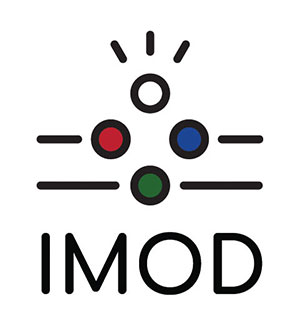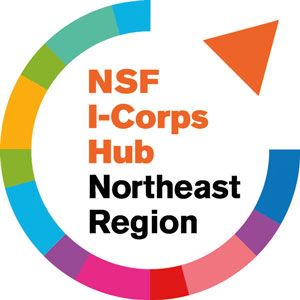Lehigh is taking part in two new multi-university efforts, funded by the National Science Foundation, that aim to advance the societal impact of cutting-edge research and technological breakthroughs.
Center for Integration of Modern Optoelectronic Materials on Demand (IMOD)
 Supported by a five-year, $25 million grant, IMOD seeks to transform fields like information technology.
Supported by a five-year, $25 million grant, IMOD seeks to transform fields like information technology.
Scientists and engineers from 11 universities—and a range of academic disciplines—will endeavor to bring atomic-level precision to the devices and technologies that underpin much of modern life. Research will center on next-gen semiconductor materials and scalable manufacturing processes for new optoelectronic devices for applications ranging from displays and sensors to a technological revolution that’s based on harnessing the principles of quantum mechanics.
Elsa Reichmanis, Professor and Carl R. Anderson Chair in Chemical Engineering, serves as Lehigh’s lead investigator and IMOD’s Director for Integrative Partnerships. She will work to establish a knowledge transfer program that prepares students to interact with industry, academia, and government partners, while encouraging entrepreneurship and spin-offs.
Says Reichmanis: “We seek to accelerate the pace at which NSF research has translational impact and enhance the capabilities of a diverse, inclusive cohort of young and emerging researchers in conducting team-based science across professional environments.”
She will also lead the creation of an industrial partnership program to provide opportunities for direct engagement with students around research mentorship, internships, and other initiatives.
External partners include companies such as Amazon, Corning, and Microsoft, as well as government organizations such as the National Renewable Energy Laboratory and the Pacific Northwest National Laboratory.
Northeast Region I-Corps Hub
Five new I-Corps Hubs—launched by the NSF last summer as the next iteration of its successful decade-long Innovation Corps program—will provide experiential entrepreneurial training to academic researchers across all fields of science and engineering. The goal is to accelerate the transformation of scientific discoveries into technologies that improve everyday life.
 Each I-Corps Hub is funded at $3 million per year for five years and comprises at least eight universities. Lehigh is one of five initial affiliate members of the Northeast region I-Corps Hub, led by Princeton University, with the University of Delaware and Rutgers University as partner institutions. New affiliates will be added each year.
Each I-Corps Hub is funded at $3 million per year for five years and comprises at least eight universities. Lehigh is one of five initial affiliate members of the Northeast region I-Corps Hub, led by Princeton University, with the University of Delaware and Rutgers University as partner institutions. New affiliates will be added each year.
“The innovation and entrepreneurship culture at Lehigh has always been strong,” says John Coulter, the Rossin College’s senior associate dean for research, “but being part of this multi-university team focused on more inclusive innovation will enable us to take it to a new level.”
Coulter leads Lehigh’s involvement in the I-Corps grant. “Through this program we will create not only additional entrepreneurial teams, but better, more inclusive teams poised to handle the inevitable hurdles and pivots that go along with successful innovation,” he says.
The I-Corps Hubs form the new operational backbone of the National Innovation Network, a network of universities, NSF-funded researchers, established entrepreneurs, local and regional entrepreneurial communities, and other federal agencies that helps researchers learn how to translate fundamental research results to the marketplace.
